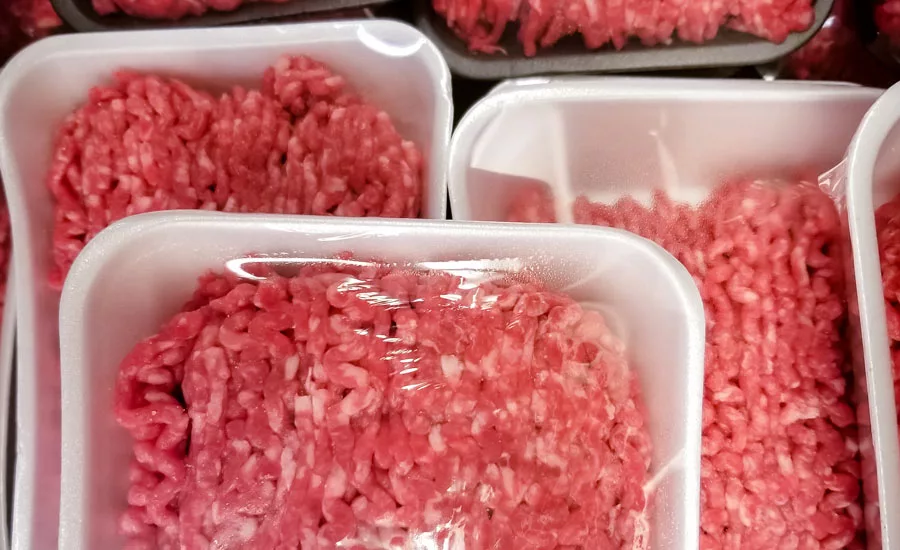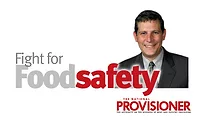Fight for Food Safety
Salmonella outbreak: a harbinger of changes?

An Arizona-based meat producer recently announced a recall of 6.9 million pounds of various raw, non-intact beef products because of possible contamination with Salmonella Newport — by far the largest beef recall in recent history, and the largest for Salmonella in beef. It was announced in response to an epidemiological investigation that identified 57 cases, from 16 states, with illness onset dates ranging from Aug. 5 to Sept. 6.
The U.S. Food Safety and Inspection Service (FSIS), the U.S. Centers for Disease Control and Prevention (CDC) and local health departments worked collaboratively to identify the source of the outbreak. On Sept. 19, investigators recovered the first store receipt potentially linking the contaminated product to a person. Since then, eight additional patients provided receipts or shopper card numbers, which enabled FSIS to trace back the ground beef products to a single beef-processing plant.
Unlike other pathogens, such as E. coli O157:H7, FSIS has not declared Salmonella to be an adulterant in ground or needle-tenderized meat. That said, FSIS has been informally treating virulent strains of Salmonella as “quasi-adulterants” for some time, and it is likely we will see more Salmonella recalls and perhaps even more regulatory changes. In addition, there has been a push by at least some lawmakers for FSIS to declare Salmonella an adulterant in ground beef and related products. Combined, this means the meat industry should begin to take steps now to address potential changes.
First and foremost, meat processors should continue to take steps, with suppliers and their own systems, to evaluate and improve Salmonella controls. There is simply no good reason that in 2018 any food companies should be recalling millions of pounds of any food products that have the potential to cause widespread illness.
Knowing that FSIS will not relent on the control of Salmonella in the food supply, food producers, distributors and retailers should begin enhancing their efforts to identify the consequences (and potential solutions) that are likely to occur in the event FSIS officially declares certain strains of Salmonella to be an adulterant. In anticipation of such potential future changes, food companies also should carefully review their recall and other insurance policies to ensure that losses are covered in the event of a Salmonella recall.
If Salmonella is not an adulterant, for instance, would the policy still provide coverage? If it is eventually declared to be an adulterant, would an insurance company deny any potential claims arguing that the supplier did not take enough reasonable steps to control for the pathogen? Preparing for any future changes may also require reviewing and amending supplier agreements and any related indemnity or hold-harmless provisions.
When it comes to Salmonella control and surveillance, substantial changes are on the horizon. The million-dollar (or million-pound) question is, when those changes arrive, will you be prepared?. NP
Looking for quick answers on food safety topics?
Try Ask FSM, our new smart AI search tool.
Ask FSM →









